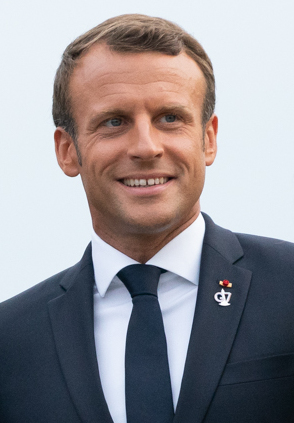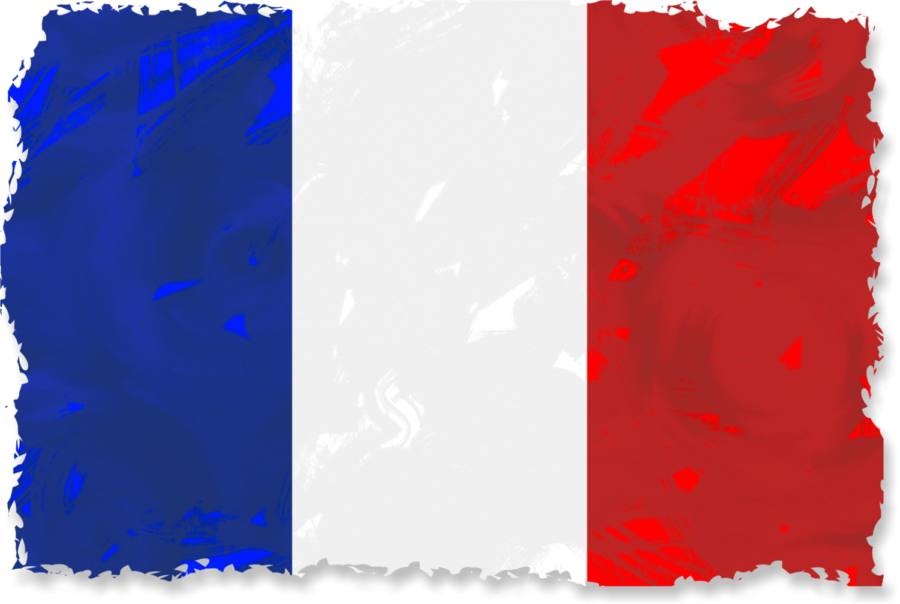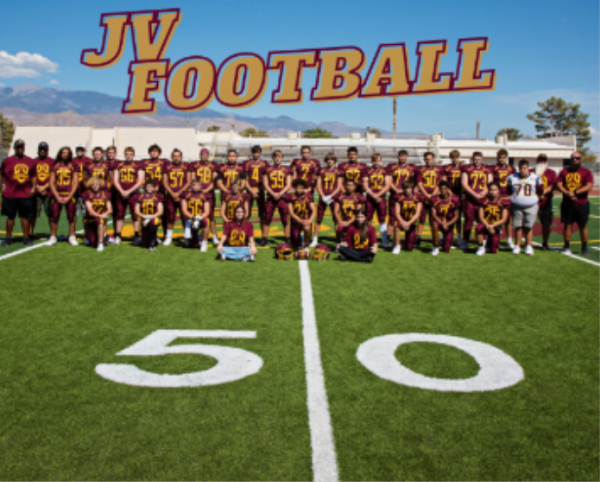France and Suppression
In France, a struggle between a changing, socially conscience world and an unaccepting government complicated by concerns of terrorism and foreign influence continues to drive conflict.
Issues of social equality appear to be the theme of the new decade, as world wide protests have arisen to combat police violence and institutional racism. The United States has had the most noticeable struggle with these protests, but as event after event arouses anger and outcry in America, it’s important to take a step back and examine how other countries are trying and failing to mend social inequity as a model of what to avoid.
In France, a nation widely regarded as a beacon of culture and democratic values, a seemingly perpetual struggle between the people, police, and government continues to unfold. The latest in a series of governmental attempts to strengthen the security of their nation comes in the form of a bill directed at Muslim communities that aims to stop “Separatism.” The provisions of the bill include heavy restrictions on what is allowed to be taught by parents in home schooling, penalties for doctors who provide ‘Virginity Certificates,’ and categorizing “Separatism” as a legally punishable offense. Although nowhere in the legislation is any particular mention of Islam or Islamism, it is very obvious what minority population the bill is in response to.
What the bill intends to stop is radical Islamic terrorist ideology, something that has led to the deaths of over 200 French citizens within the past decade. What the bill fails to address however is the inequitable conditions many of the country’s Muslims live in that make some of them more inclined to extremist beliefs. French Muslims are often subject to living in ghettos separate from French society which are devoid of good education or job opportunities. This is something that has been acknowledged by members of the French government, but little has been done to actually address it. It appears as if government officials find it much easier to crack down and act against a group as a precautionary measure instead of fixing the underlying issues that lead to violence from their members, something not at all unique to France.
Another issue the French seem to struggle with solving is that of police brutality, something that is especially prevalent against the majority black Muslim population. After continual public outcry and continued instances of violence from police including using teargas to clear out a refugee camp and beating a black music producer for minutes on end, the government opted to pass a security bill protecting police. Instead of any legislation holding police accountable for their actions, the exact opposite appears to be French parliament’s answer. Their controversial security bill criminalizes the sharing of images of police on social media with the intent to cause harm by doing so, something that is very obviously abusable by police who may not want footage of them brutalizing innocent people to circulate.
To the European nation’s credit, their reactionary policies are to the backdrop of inexcusable acts of violence, such as the beheading of a school teacher for showing caricatures of Muhammed, and many members of the public support these measures.

What is curious about French president Emmanuel Macron’s policies and public statements however, is how adverse he appears to be to the idea that inequality even exists. This is best exemplified by his reaction to “Certain social science theories entirely imported from the United States.” Macron and other members high in French government view American ideas of race, gender, and equality as a threat to French society. Numerous attempts from the French public and academics to call attention to lasting discrimination and marginilization from France’s colonial past are met with accusations of opening up to American multiculturalism, something that is seen as a threat to the French identity and society. This has gone so far as to a government investigation into universities by the National Center for Scientific Research to root out “Islamo-leftism,” a vaguely defined term aimed at post-colonial thinking which, according to minister of higher education Frederique Vidal, “Corrupts all of society.”
In a nation which refuses to even keep statistics on race or religion, the conversation about social issues is a very hard one for the government to open up to. The uncomfortable realities which young French activists call attention to only continue to grow worse and harder to ignore, and if France wishes to avoid the societal collapse it’s afraid of, then the government opening up to the existence of these issues is the only way to move forwards.






